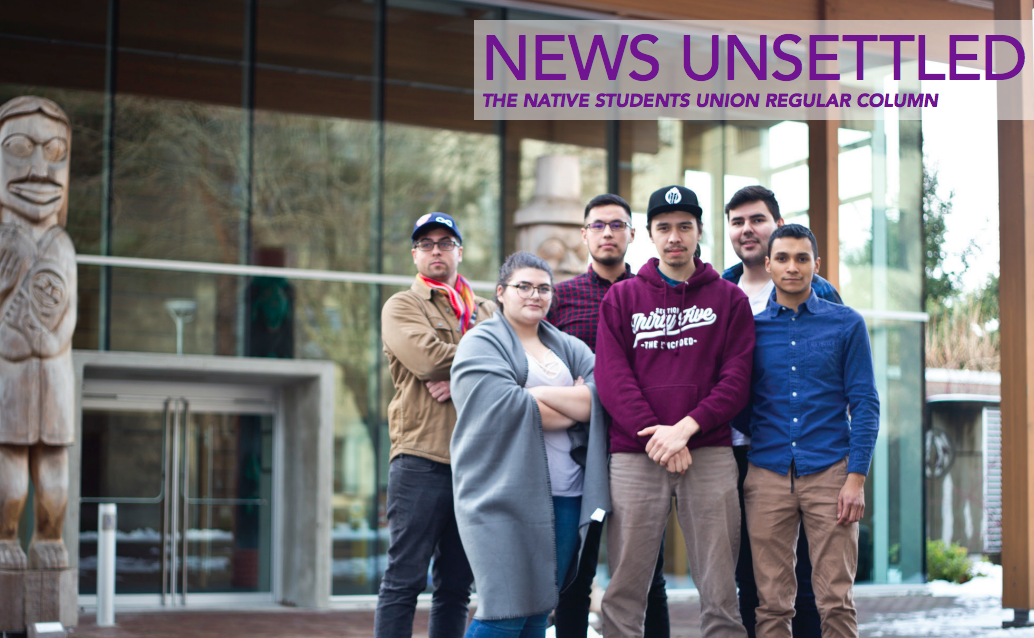
When confronting environmental issues and uncertainty, we have to acknowledge that they are largely the result of wider social, political, and economic circumstances. If some of us focus on individual efforts like greener laundry detergent in a cardboard box, our collective efforts will not be a wash.
There are people actively confronting oppressive systems and environmental degradation across this country and the world. In places like Standing Rock, Mauna Kea, Unist’ot’en, and countless others, they have put their bodies on the line, at the risk of state-sanctioned violence, simply because they do not wish violence to be sanctioned on the land and water that they are defending.
It is not a matter of individual interests — it is a matter of ensuring our future as humanity. We need to recognize and support the efforts of those who are actively keeping the destruction of land and water in check. Regardless of your background, if you do nothing while fossil fuel corporations run rampant over other peoples, why should you expect a greener future for your own children?
Indigenous people have been holding the frontlines for centuries. We account for roughly five per cent of the world’s population, yet our lands guard 80 per cent of its remaining biodiversity. The health of our environment is intimately entwined with the struggles of Indigenous people. It is also clear that the results of our conservation efforts have been largely disproportionate on the global scale. This work has come at great costs. We have confronted the greatest political and military powers that this globe has ever seen and survived the onslaught of colonialism, yet still we persist.
When people put themselves on the line and confront the oppressive systems that degrade and pollute our planet, it makes a better world for all of us. When Greta Thunburg received widespread media attention and the voices of young Indigenous activists remained unheeded, it became clear that we are still not coming to terms with the deeper societal issues. It also became clear that we need people like Greta Thunburg not to speak on our behalf (we’ve had enough white saviors), but rather to tear asunder the tin ears of those with prejudiced hearing.
A victory for the Kanaka Maoli is a victory for us all. A victory for the Wet’suwet’en is a victory for us all. If you can’t put your body on the line and confront those who deem it acceptable to enclose and exploit the sacred homelands of other people, at the very least, stand up and confront the prejudices and misconceptions that persist in your families and communities regarding Indigenous peoples and the climate. Once they are ready to listen, we have a lot to say.
We are in this together. We are all knocking at the same door. If there is no immediate answer, with enough fists we can knock it right off the hinges.







